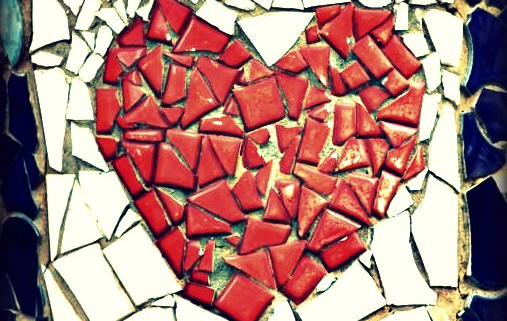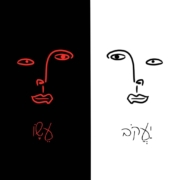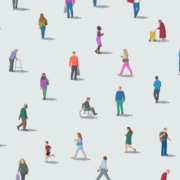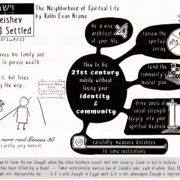Rising With Grace / Graceful Masculinity: Mikeitz
Part of a year-long Torah series on graceful masculinity and Jewish values.
וַיֹּאמֶר–הִנֵּה שָׁמַעְתִּי, כִּי יֶשׁ-שֶׁבֶר בְּמִצְרָיִם; רְדוּ-שָׁמָּה וְשִׁבְרוּ-לָנוּ מִשָּׁם, וְנִחְיֶה וְלֹא נָמוּת.
And [Jacob] said. “Behold, I have heard that there are provisions in Egypt; go down there and purchase for us from there, so that we may live and not die. (Genesis 42:2)
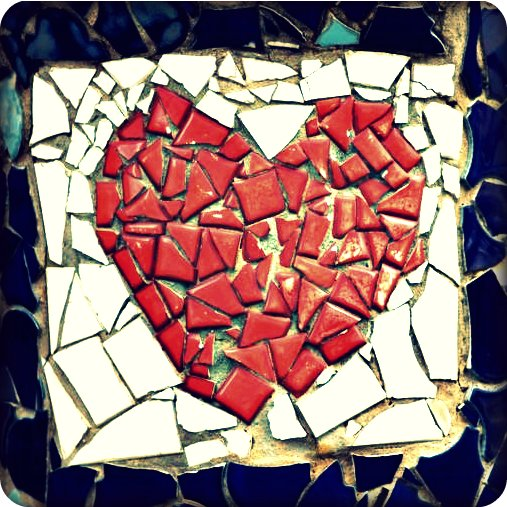 This week’s parsha finds Jacob in a dark time. He is in deep mourning for his son Joseph, a serious famine has descended upon the region, and Jacob and his remaining sons are in danger of starvation. Amid these difficulties, Jacob bids his sons to take a treacherous journey to Egypt in the prospect of procuring food. The medresh is bothered by Jacob’s use of the word “שבר” for food. Why not use אכל, which would be a more common term?1 The medresh answers that Jacob wanted to convey an aspect of hope. The root שבר appears in psalms with a connotation of hope: אַשְׁרֵ֗י שֶׁ֤אֵ֣ל יַעֲקֹ֣ב בְּעֶזְר֑וֹ שִׂ֝בְר֗וֹ עַל־יְהוָ֥ה אֱלֹהָֽיו – Happy is the one who has the G-d of Jacob for help, whose hope is in the L-rd their G-d. (Psalms 146:5)
This week’s parsha finds Jacob in a dark time. He is in deep mourning for his son Joseph, a serious famine has descended upon the region, and Jacob and his remaining sons are in danger of starvation. Amid these difficulties, Jacob bids his sons to take a treacherous journey to Egypt in the prospect of procuring food. The medresh is bothered by Jacob’s use of the word “שבר” for food. Why not use אכל, which would be a more common term?1 The medresh answers that Jacob wanted to convey an aspect of hope. The root שבר appears in psalms with a connotation of hope: אַשְׁרֵ֗י שֶׁ֤אֵ֣ל יַעֲקֹ֣ב בְּעֶזְר֑וֹ שִׂ֝בְר֗וֹ עַל־יְהוָ֥ה אֱלֹהָֽיו – Happy is the one who has the G-d of Jacob for help, whose hope is in the L-rd their G-d. (Psalms 146:5)
Jacob tells his sons רדו שמה – descend there. The word רדו has the numerical value of 210, which is an allusion to the 210 years of being enslaved in Egypt.2 This trip down to Egypt is emblematic of future struggles. Faith in our ability to create positive change nourishes the movement of the moment. That is the destination on the other side of the descent. “There” – שמה – has the same letters as משה, Moses, teaching us that after the 210 years there will be liberation, the giving of the Torah, and freedom. 3
The word שבר can also mean brokenness. It’s easy to experience brokenness as hopelessness, but our rabbis embrace a process of humility and empowerment. When things are difficult, we are easily tempted to give up. It takes a unique strength entwined with a particular grace to descend into the darkness and fight for light and life. The miracle of Chanukah is that in the aftermath of horrific trauma, we didn’t surrender or stop searching for light. We went down into the shattered fragments, and came out elevated on a supernal plane.
We are told that things do get better, but we are rarely aware of where we are in the arc of it all. Being created in the Divine Image means that we, like G-d, have the ability to create new realities. The power of our impactfulness is so great that we must constantly be alert and cautious. We are taught: “Do not believe in yourself [that you will always get it right] until the day of your death; for Rabbi Yochonon was the High Priest in the Temple for 80 years, but at the end of his life he denied Divine authority.” 4 Even someone who seems to be doing everything right might make mistakes… and even someone who seems to be doing everything wrong can always improve.
The Chanukah liturgy recalls the brave actions of Matisyahu ben Yochonon, the High Priest, who led the resistance against the Greeks.5 There is a tradition that Matisyahu is the son of the High Priest who rebelled. His actions that we celebrate on Chanukah are the corrective act that restores our faith in the Divine and repairs his father’s mistake. As a result of his efforts to fix what was broken we now have another mitzvah in the Oral Law, and he is seen as an embodiment of (ben) his father’s true identity of grace 6 (The word chein, grace, is hidden within the name Yochanan: יוחנן).7
Matisyahu was committed to a more perfect existence. It’s reminiscent of the story of Rabbi Elezer ben Dordiah’s.8 At the end of his life, Rabbi Eliezer ben Dordiah recognized all of the desecration and defilement that he had caused, and his transformation triggered a revolt of holiness and sanctification that the physical limitations of the earthly world could no longer contain, manifesting the miraculous.9His internal change came about through grace. So too, later in this week’s parsha, when Joseph raises his eyes to his brother Benjamin, and asks G-d to bless him with grace (43:29), the mystical tradition sees this as a blessing for Chanukah. It is grace that allows us to rededicate ourselves to hopefulness and to spiritual pursuits.10
Discussion questions:
There is no shortage of things that are broken in this world. Where should a person look first to try and fix it?
How is the process of increasing light difference for the individual and the communal?
What are examples of the miraculous or supernatural accomplishments, of our times, that are good models for the work that still needs to be done?
Does optimism require faith or is it a rational expectation that things will improve?
1. ב”ר פצ”א ו↩
2. Rashi quoting Midrash Rabbah↩
3. עיין צמח צדיק↩
4. ברכות כט.↩
5. עיין בני יששכר מ”ד כה↩
6. שם כד↩
7. It is noteworthy that the three letters that remain, without חן grace spell Yavan יון , the Hebrew word for “Greece” and demonstrate a literal decent, as Hebrew is read from right to left.
↩
8. Tractate Avoda Zarah 17a: Rabbi Elezer ben Dordiah spent his life exploiting women for pleasure and after traveling the world pursuing physical indulgence he repents from such a depth that his soul leaves his body and is ushered into heaven with a Divine Voice calling him Rabbi.
↩
9. The AriZ”l taught (פרע”ח) that he was a reincarnation of Yochanan Kohen Gadol.↩
10. מאור ענים↩
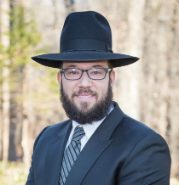
By Rabbi Mike Moskowitz. See other #MenschUp posts here.

